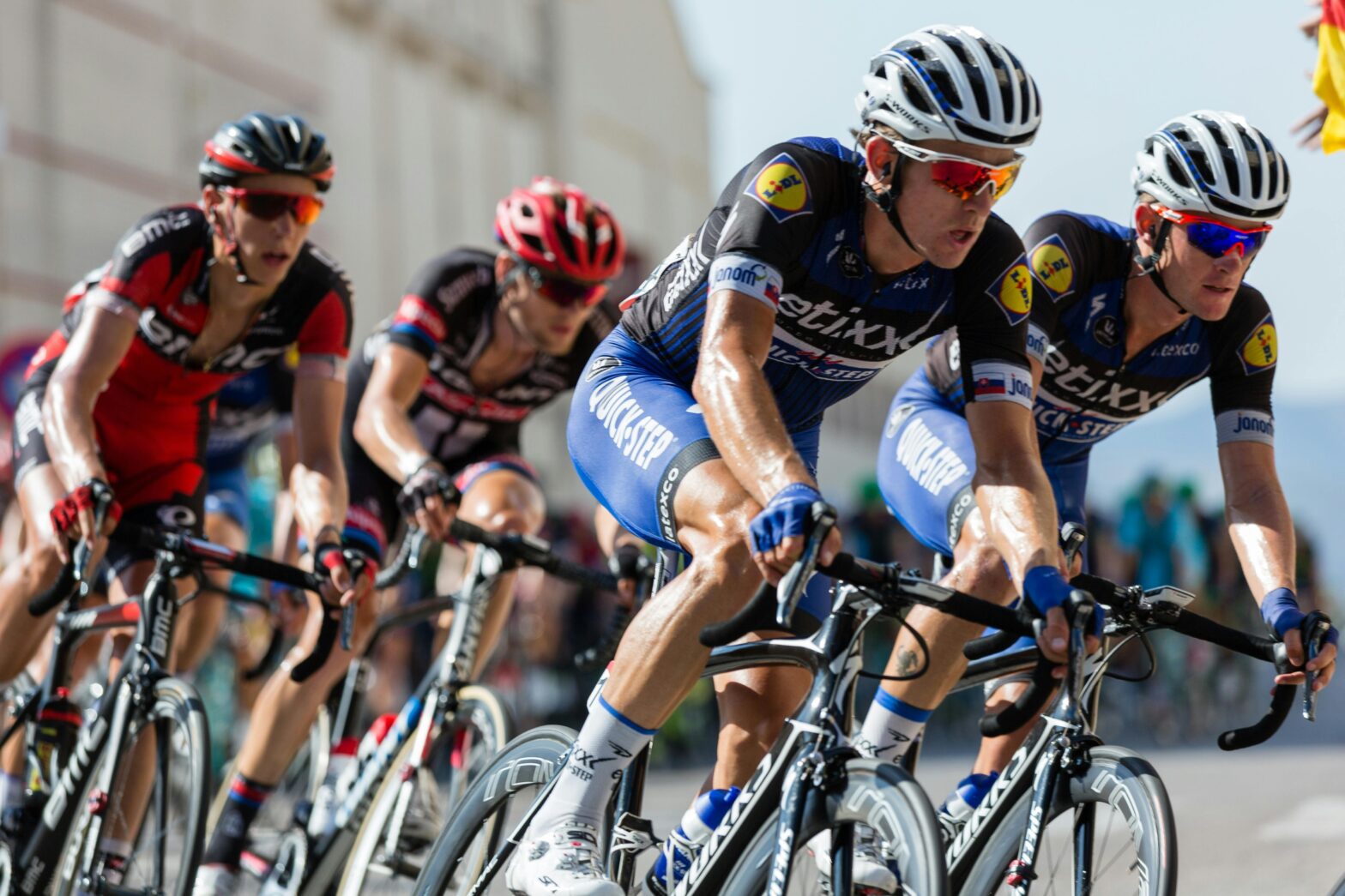Each summer, millions line the roads of France to witness one of sport’s great spectacles: the Tour de France. In 2025, the race begins in Lille on 5th July and travels south over three weeks, finishing in Paris on 27th July. The route covers coastlines, mountain passes, rural towns and city boulevards. And for UK fans making the journey, each location brings its own pace, its own prices, and its own practicalities.
Whether you’re following the event across several stages or just soaking up the atmosphere for a day, a little preparation goes a long way.
The Tour de France: History in Motion
The Tour de France was first held in 1903, conceived by a sports newspaper to boost circulation. From humble origins, it’s become a global broadcast phenomenon — watched by 150+ million people annually. The modern tour includes 21 stages over 23 days, with riders covering about 3,500 kilometres. It remains free to watch from the roadside, but costs can quickly mount if you’re travelling with the event.
Travel, Food and Costs: What to Expect
Visitors tend to follow the Tour by car or train, and then very local travel arrangements. There are also specialist tour operators who can provide complete packages, either for the whole month or for particular stages. Local travel options vary by region. Cities like Lille, Rennes, and Paris offer excellent public transport, while mountain and rural stages may require more self-reliance. Local taxis may charge a premium during the weeks of the tour.
Indicative travel costs:
- Local train journeys: €8–20 depending on region
- TGV (e.g. Lille to Paris): €30–80 booked in advance
- Taxi start fare: €2.50–4.50, plus ~€1.50/km
- Metro or tram (urban zones): €2.10 per ride
Indicative food and drink costs:
- Crêpes, hot dogs, or galettes: from €4–7
- Coffee: from €2.50–3.50 (double in tourist zones)
- 500ml beer: from €5–7 in bars, less in supermarkets
- Regional snacks (e.g. tarte flambée or ratatouille baguette): from €6–10
- Water bottles or soft drinks from roadside vendors: from €2–3
These are guidelines only and you should expect prices to be higher during the Tour generally, and especially around major finish lines and at mountain climbs; anywhere facilities are limited and competition for refreshments increases.
Tour de France: Why Carry Cash in a Mostly Card-Friendly Country?
France is largely well-equipped for digital payments. Major hotels, restaurants, supermarkets and stations accept cards as standard. Even small shops and restaurants in rural areas are likely to accept card payments, although that cannot be guaranteed. Tour de France stages often pass through small towns, isolated villages and pop-up fan zones. Not all vendors are wired in.
Carrying some Euros helps when:
- Paying for parking in rural areas
- Buying snacks or drinks from independent stalls
- Tipping in cafés or rounding up taxi fares
- Using coin-operated public toilets
- Splitting group costs or reimbursing friends
Cash can also help you avoid card surcharges, unreliable data signals, or retailers with card minimums.
Getting Euros in Advance – for a Hassle-free Tour de France
The best time to think about foreign currency is before you leave. Using a service like Money4Travel gives UK travellers a way to:
- Lock in competitive exchange rates – the best within a ten minute drive of your postcode
- Order online with collection at a local agent
- Benefit from a buy-back guarantee for unused notes
- Collect loyalty points (Pips) for future trips
It’s not only more convenient than searching for a bureau in France — it’s often better value too, especially compared to airport counters or hotel desks.
What Spectators Will See – and What They Won’t
Watching the Tour is thrilling, but unpredictable. You’ll likely see:
- Team cars and support vehicles
- Breakaway riders and peloton
- A blur of colour and intensity–over in seconds
- The Caravane publicitaire, a pre-race sponsor parade throwing out merchandise
But:
- Viewing spots are first-come, first-served
- Shade, toilets and shelter may be scarce
- Finish areas may have restricted access without VIP passes
- Some mountain roads close hours before the race arrives
Come prepared: check local maps, wear layers, and carry water, food and sunscreen – and don’t rely on card-only solutions for impromptu purchases.
Tipping, Transport and Travel: Cultural Considerations
Tipping is modest but welcome:
- Round up your bill in cafés or taxis
- Leave €1–2 in cash at hotels
- In restaurants, 5–10% for good service (if not already included).
Transport is excellent between major cities, but many fans underestimate how remote some climbs or villages can be. Rural rail lines may be infrequent. Renting a car gives flexibility, but comes with toll roads, fuel costs and traffic during key stages.
Final Tour de France Thoughts
For anyone heading to France this July, the Tour de France is a rare opportunity to combine sport, culture and countryside in one trip. But with spontaneity comes cost – and the need for flexibility. Digital wallets might cover most bases, but cash still opens doors when it matters most.
Sorting your currency before you leave is a small step that can make a big difference. For cycling fans travelling with purpose, it’s one way to stay ahead of the pack.
By Declan Morton, writer and editor at Money4Travel – the online service for foreign currency sales in the UK. More about the author.
For reference: MAP: What you need to know about the Tour de France route for 2025; Do You Tip in France? Sometimes – Here’s When and How Much to Give; Cost of Living in France – Numbeo.



